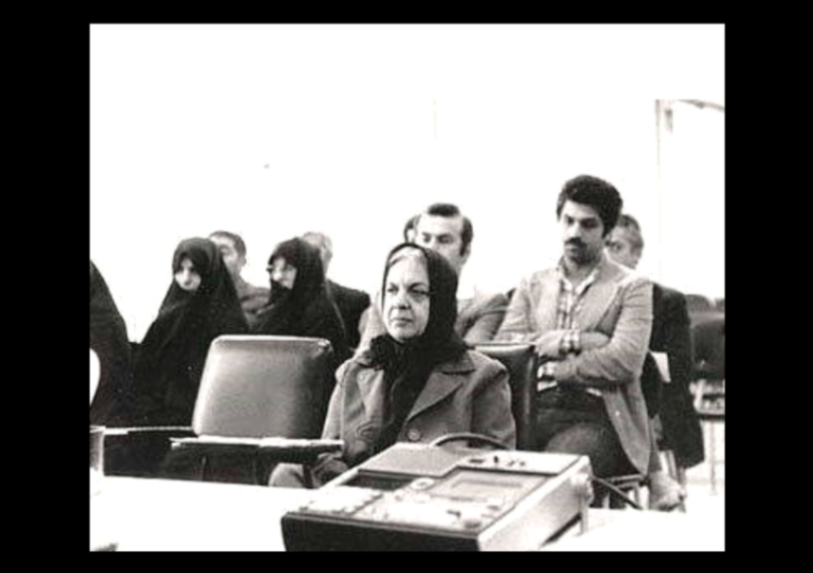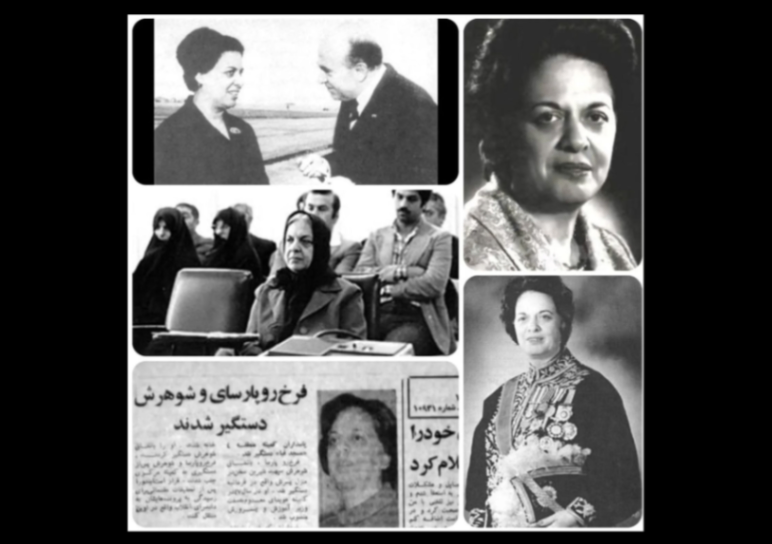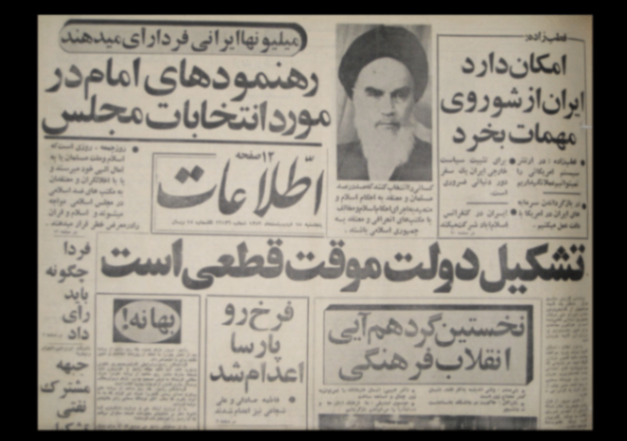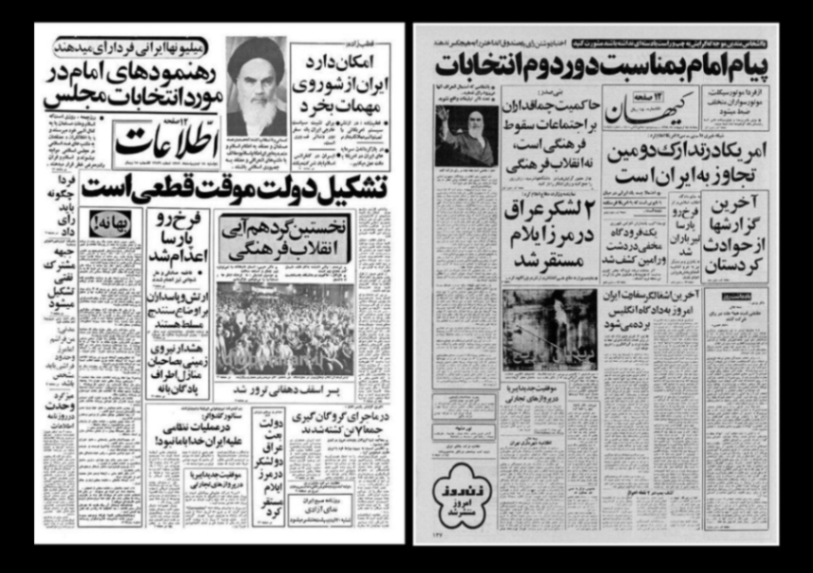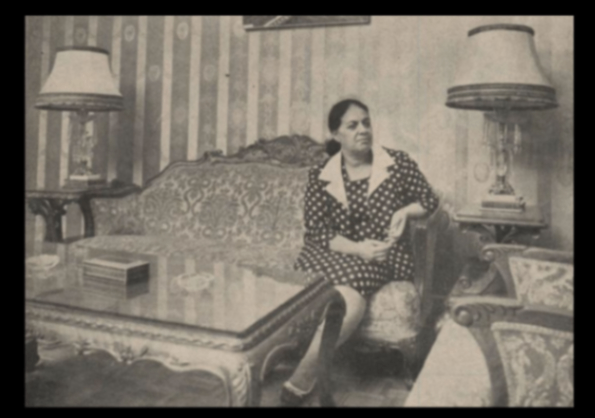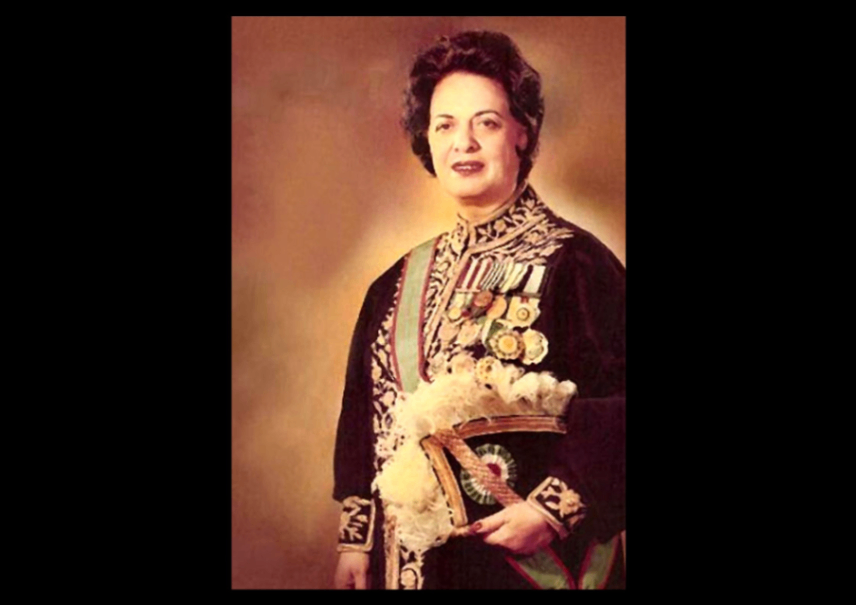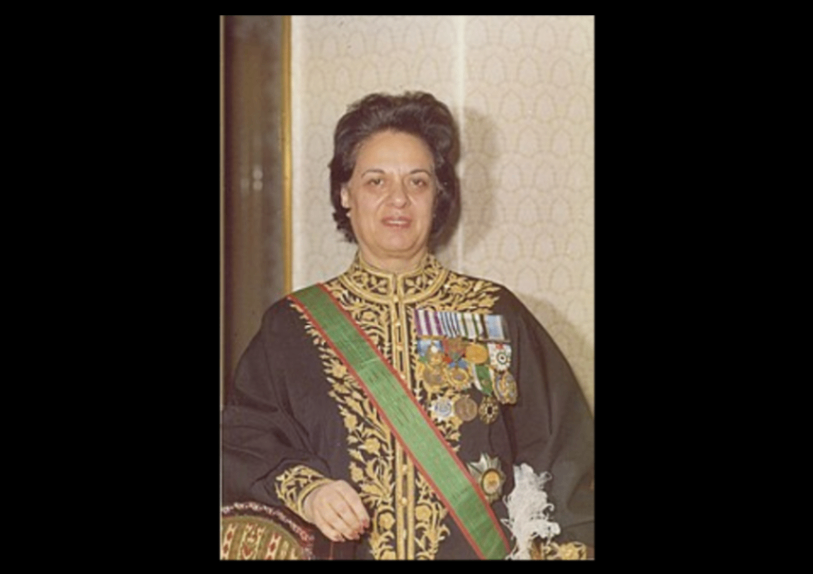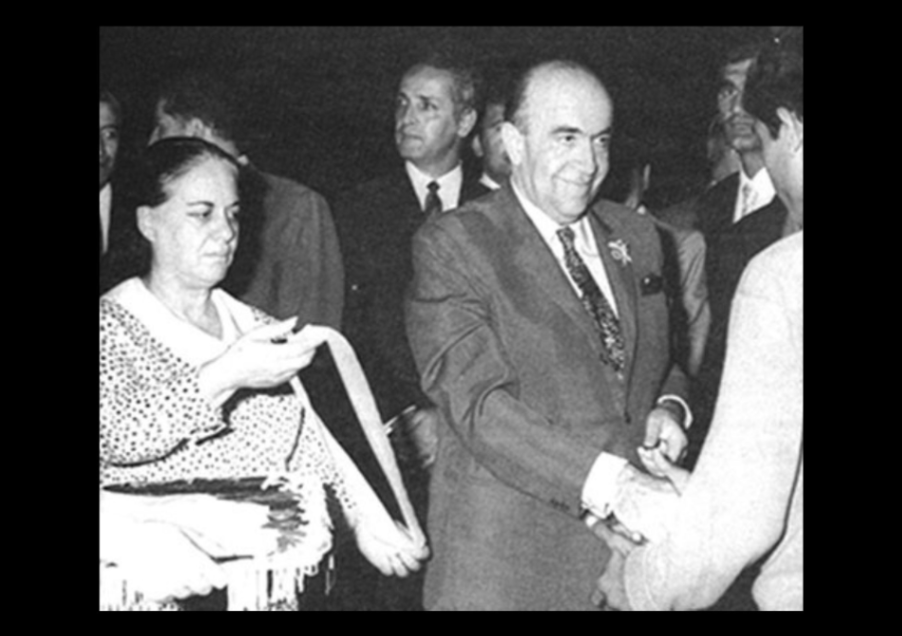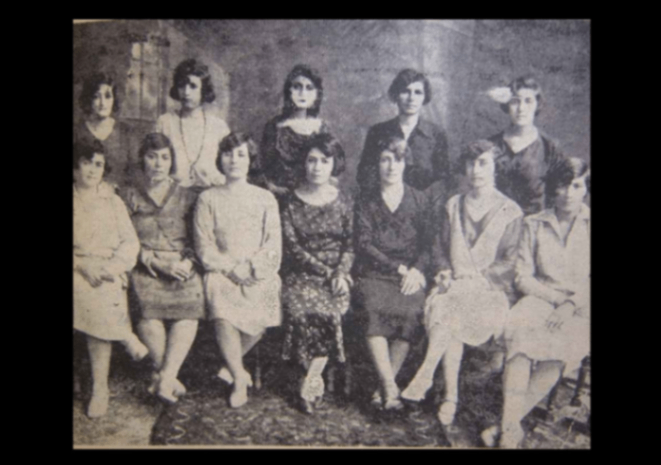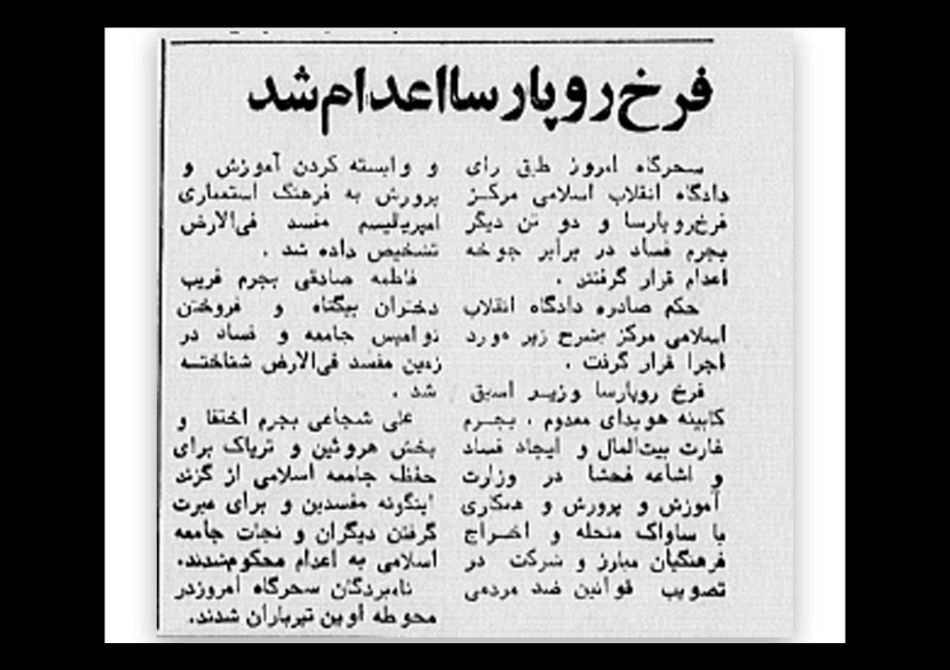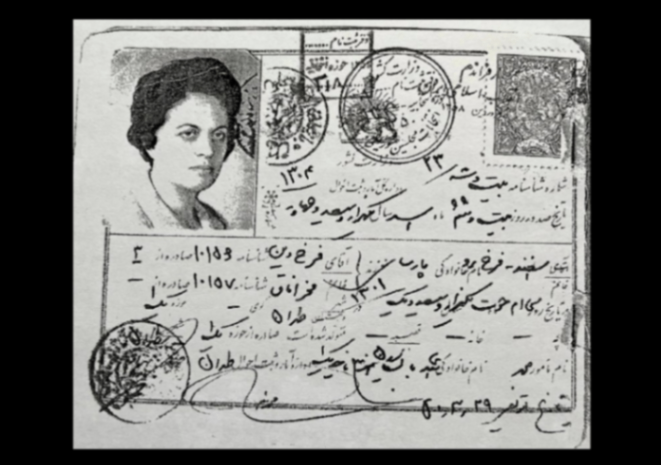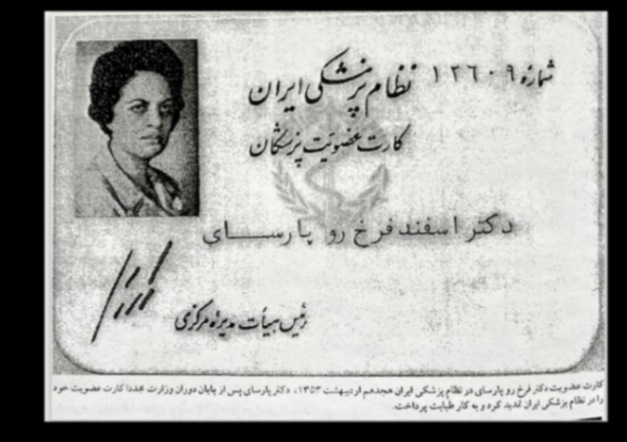Farrokhroo Parsa
Pioneering as the first female minister of Iran

F
Farrokhroo Parsa was an Iranian physician, educator, and parliamentarian.
She was born on March 24, 1922, in Qom, Iran, into an educated and politically active family.
Parsa is perhaps most well known for being the first woman to hold a cabinet position in Iran, serving as Minister of Education under Shah Mohammad Reza Pahlavi from 1968 to 1974.
She was a significant figure in Iran's women's rights movement during the Shah's rule and worked to advance women's education in the country. Parsa initially trained as a physician, earning her doctorate in the sciences.
However, she transitioned into politics and education, beginning as a teacher and eventually becoming a school principal.
Her political career started when she was elected to the Majlis (the Iranian Parliament) in 1963. Her work in the parliament and as Minister of Education was characterized by efforts to reform and modernize Iran's educational system.
Despite her achievements, Parsa faced considerable opposition from conservative elements within Iran. After the Islamic Revolution in 1979, she was arrested, charged with corruption on earth and warring against God, and was executed on May 8, 1980. Her execution was part of a broader pattern of repression against those associated with the former Shah's government and was met with international condemnation. It also symbolized the dramatic reversal in women's rights that took place after the Islamic Revolution.
In her last letter from prison, Farrokhroo Parsa wrote to her children: "I am a doctor, so I have no fear of death. Death is only a moment and no more. I am prepared to receive death with open arms rather than live in shame by being forced to be veiled. I am not going to bow to those who expect me to express regret for fifty years of my efforts for equality between men and women. I am not prepared to wear the chador and step back in history."
Her place in history as Iran's first female cabinet minister and her work on education reform and women's rights are undeniable.


